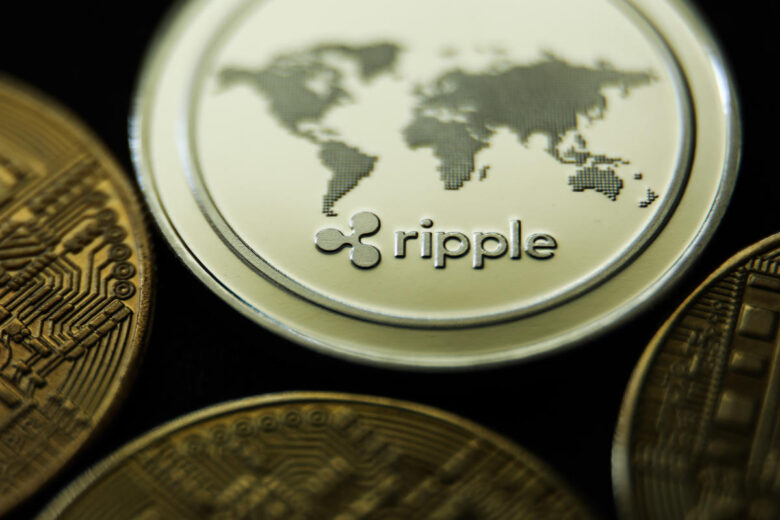On July 13, the U.S. Securities and Exchange Commission (SEC) and Ripple Inc. reached a decision in a trial over securities issues.
Ripple receives a significant ruling.
We said in Dec 2020 that we were on the right side of the law, and will be on the right side of history. Thankful to everyone who helped us get to today’s decision – one that is for all crypto innovation in the US. More to come.
— Brad Garlinghouse (@bgarlinghouse) July 13, 2023
The trial began on December 23, 2020, when the SEC filed a lawsuit against Ripple, its CEO Brad Garlinghouse, and co-founder Chris Larsen, and has been contested to date.
The SEC alleged that Ripple sold Ripple (XRP), a cryptographic asset (virtual currency) not registered as a security, over a seven-year period beginning in 2013, and obtained funds worth approximately $1.3 billion (*over 130 billion yen at that time). Ripple claimed that XRP was a currency developed to facilitate cross-border payments, which had been a major point of contention between the crypto asset industry and regulators.
In her ruling, U.S. District Court Judge ANALISA TORRES of the U.S. District Court for the District of New York concluded that “Ripple’s scheme to sell XRP to institutional investors constitutes an unregistered securities offering because it meets the requirements of the ‘Howey test,’ but XRP sold to individuals is not a security. The SEC concluded that “XRP sold to individuals is not a security.
This partially confirms the SEC’s allegation that “Ripple sold approximately $728.9 million (¥100.3 billion) of XRP in these institutional sales.
Note that the “Howey test” is a test to determine whether a particular transaction constitutes an “investment contract,” which is one of the definitions of a securities transaction in the United States.
According to the ruling, “Since 2017, Ripple’s programmatic sales have represented less than 1% of global XRP trading volume. Thus, the vast majority of individuals who purchased XRP from digital asset exchanges did not invest any money in Ripple at all. While institutional buyers knowingly purchased XRP directly from Ripple according to their contracts, the economic reality is that programmatic buyers stand in the same position as secondary market buyers who do not know to whom or to what they are paying their money, The court ruled that “therefore, after considering the totality of the economic realities and circumstances, the court concludes that the sale of XRP by Ripple’s program does not constitute an offer and sale of an investment contract.”
The ruling was conclusive that XRP sold through a crypto asset exchange does not constitute a security. This has been celebrated as a “victory for Ripple” in the industry.
In response to the outcome, Ripple CEO Brad Garlinghouse tweeted on July 14: “We said in December 2020 we would be on the right side of the law and on the right side of history. Thank you to all who helped us reach this decision today,” he told the audience, adding, “Now let’s plan a proper party!” He expressed his joy.
Immediately after the verdict was reported, the price of XRP skyrocketed; trading at around ¥65, it briefly soared to ¥121. At the time of writing (July 14, 2023, 12:40 p.m.), the price was at 105.90 yen, up about 61.49% over the past 24 hours. (According to Coin Market Cap).
A spokesperson for the SEC, which partially lost the case, said in a statement, “We are pleased that the court found that the XRP tokens were offered and sold by Ripple as an investment contract in violation of the Exchange Act under certain circumstances,” and that the agency “will continue to review the ruling” and may appeal the decision. He added that he would “continue to review the ruling” and suggested the possibility of appealing the ruling, several media outlets reported.


コメント